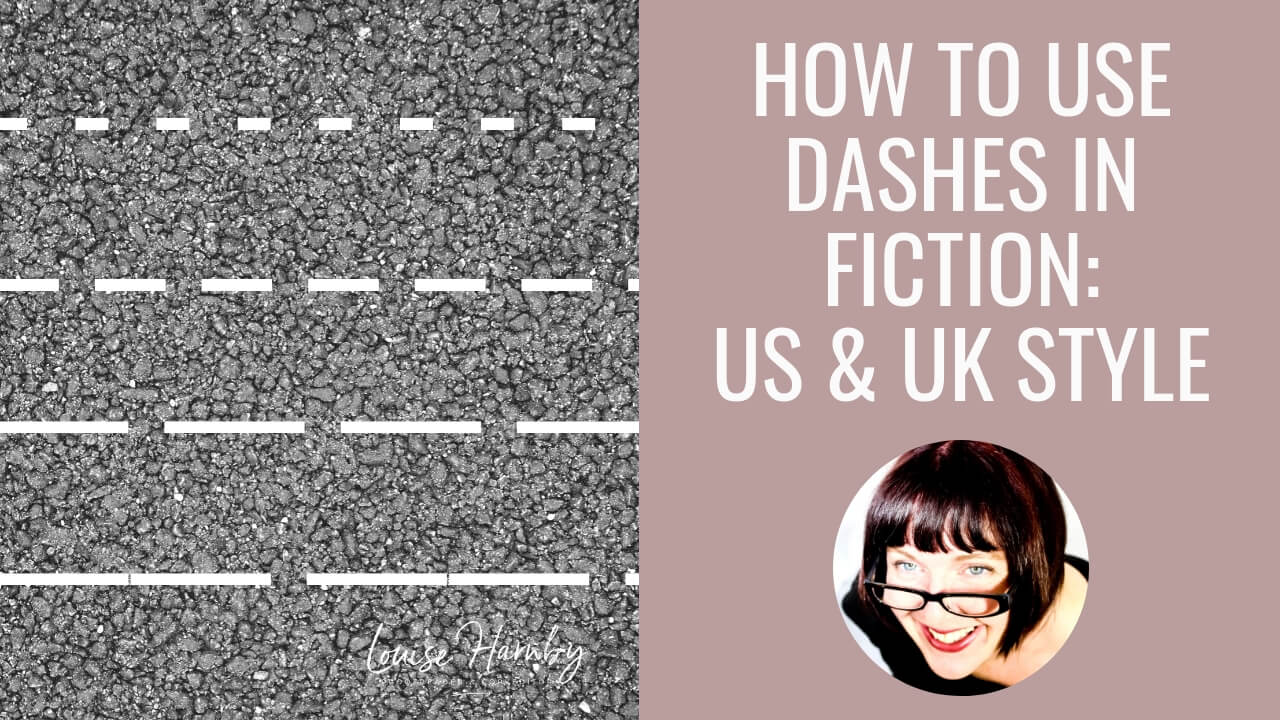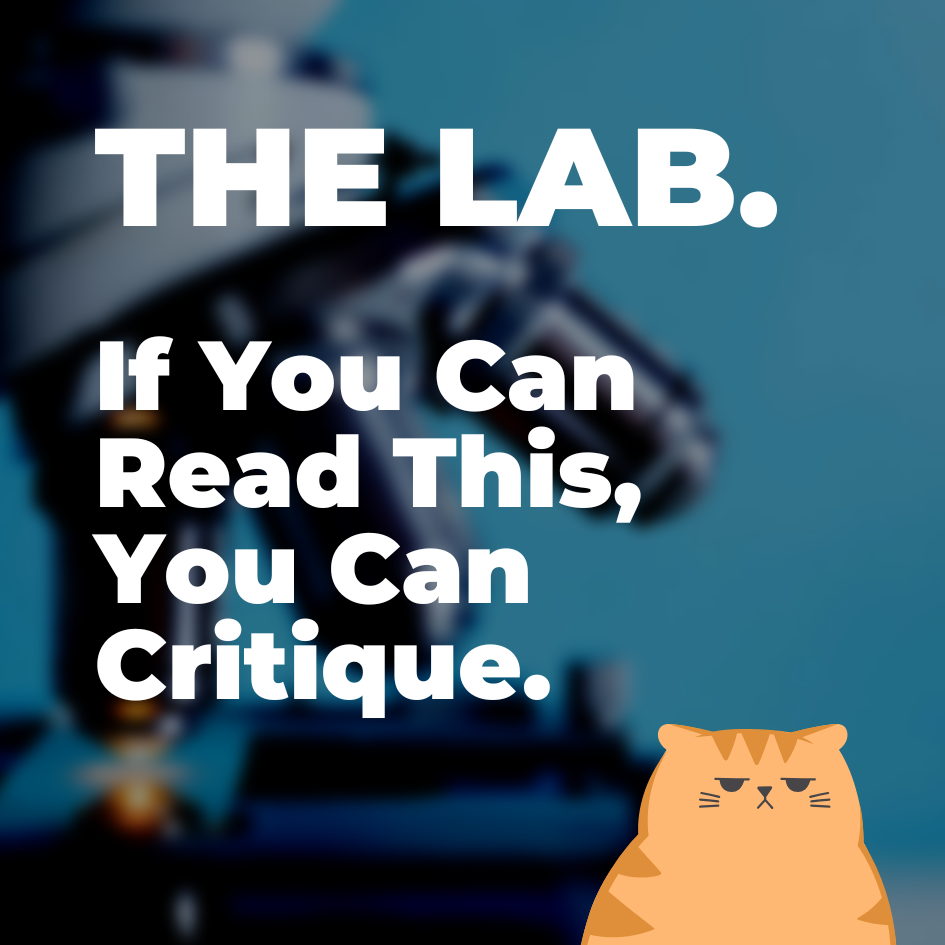In the midst of struggling, paragraph after paragraph and sentence by sentence, to shave words off my manuscript word count, I've discovered that what is counted as a word in my document--whether in OpenOffice Writer (.odt) or MS Word (.doc)--can be quite different from what I thought. A word is a word is a word, right? And an em dash or elipsis is just punctuation—or is it?
How many words do you think are in each of the following examples?
"I thought he liked me, but then, well . . . I don't know . . . ." Eleven? Eighteen!
— THE PREVIOUS YEAR — Three? Five!
(This is the way I formatted my Part I, II, III and IV section title pages, so that makes eight em dash 'words'.)
She swirled around and — ooff! — collided with the now-departing hunky guy. Eleven? Twelve? Thirteen!
vs. as I wrote it:
She swirled around and—ooff!—collided with the now-departing hunky guy. Eleven? Twelve? Nine!
(Weird, but at least fewer, not more words.)
* * * Zero? Three!
*** Zero? One!
— Zero? One!
Yes, a stand-alone em dash counts as one word! And if you attach it to a word (no space), the actual word counts as one but the em dash no longer has a value. I think I presented my sentences correctly formatted: an elipsis within a sentence is written as . . . and at the end of a sentence it is . . . . And an em dash — is attached to the words it sets off, rather than free-floating. But what, when checking word count, have my wondering eyes beheld? Throughout my novel, a ceaseless outpouring of little gems like the examples above, all potentially messing with my word count!
Is there a way to avoid some of this? It would be nice not to add three words every time I type an elipsis or three spaced-apart asterisks to indicate a significant scene break! Good grief. Have any of you found a solution to this? (Other than improper formatting, such as writing ... for an elipsis instead of the, I believe, correct . . . ?)
Love to hear people's thoughts on this.
How many words do you think are in each of the following examples?
"I thought he liked me, but then, well . . . I don't know . . . ." Eleven? Eighteen!
— THE PREVIOUS YEAR — Three? Five!
(This is the way I formatted my Part I, II, III and IV section title pages, so that makes eight em dash 'words'.)
She swirled around and — ooff! — collided with the now-departing hunky guy. Eleven? Twelve? Thirteen!
vs. as I wrote it:
She swirled around and—ooff!—collided with the now-departing hunky guy. Eleven? Twelve? Nine!
(Weird, but at least fewer, not more words.)
* * * Zero? Three!
*** Zero? One!
— Zero? One!
Yes, a stand-alone em dash counts as one word! And if you attach it to a word (no space), the actual word counts as one but the em dash no longer has a value. I think I presented my sentences correctly formatted: an elipsis within a sentence is written as . . . and at the end of a sentence it is . . . . And an em dash — is attached to the words it sets off, rather than free-floating. But what, when checking word count, have my wondering eyes beheld? Throughout my novel, a ceaseless outpouring of little gems like the examples above, all potentially messing with my word count!
Is there a way to avoid some of this? It would be nice not to add three words every time I type an elipsis or three spaced-apart asterisks to indicate a significant scene break! Good grief. Have any of you found a solution to this? (Other than improper formatting, such as writing ... for an elipsis instead of the, I believe, correct . . . ?)
Love to hear people's thoughts on this.
Last edited:





